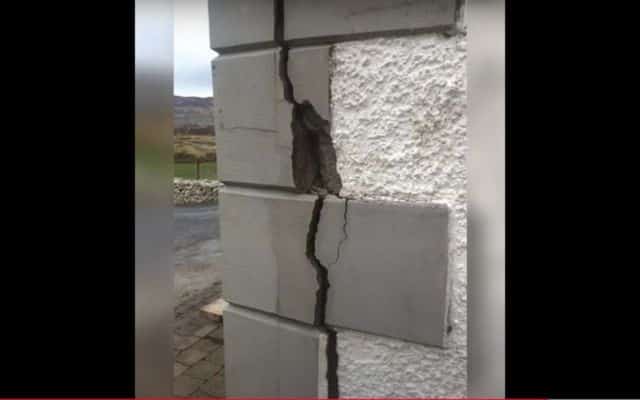The ROI planning regulator instructed Mayo County Council to scrap rules that would allow people to build in the countryside.
We cover:
- What clauses Mayo County Council is being asked to remove
- Who has authority over County Development Plans
- Find out whose County Development Plan is best in class
- Why the appeals system overhaul could be good news for self-builders
Mayo County Council’s County Development Plan (CDP) 2022-2028 introduced zoning laws that would allow more people to build in the countryside, along rural roads. CDPs set out the planning guidelines for the county including the zoning restrictions by locality.
All CDPs have to be vetted by the Office of the Planning Regulator (OPR), and Mayo County Council’s didn’t get the rubber stamping for their rural housing policy. This has led to the Minister of
State for Local Government and Planning to instruct the councillors to rezone areas and delete sections of the plan.
The OPR instead upholds Tipperary County Council’s CDP as exemplary.
Its rural housing policy mostly allows for houses to be built within town centres. “We were particularly impressed by the inclusion in the plan of specific town profiles. This innovation sets out a baseline for each town with key data such as jobs ratio, transport methods and housing stock,” the OPR stated in a press release.
Better chance of appeals for self-builders
In another development, allegations of conflicts of interest at the board of An Bord Pleanála (ABP) has led the government to ask the OPR to evaluate how the appeals board actually goes about making its decisions on planning appeals.
Self-builders go through ABP when they want to overturn their county council’s decision to deny their planning application to build. The process is for an inspector to review the application (which often requires a site visit) and issue a report, then the board assesses the case and makes the final decision.
However, it seems the ABP’s board doesn’t necessarily acknowledge their own inspectors’ reports. Cases have even been brought to the High Court.
The OPR’s review of ABP states that the board is “of course, the decisionmaker and may come to different conclusions from an inspector” but it pointed out that “in the event that the board’s decision departs from the recommendation in an inspector’s report to grant or to refuse permission or approval, a statement in the board’s decision is required to indicate the main reasons for not accepting the inspector’s recommendation.”
This recommendation, among many others, has been taken on board by the ROI government as part
of its Action Plan for An Bord Pleanála published in October. That could mean a more favourable outcome for self-builders – appeals don’t usually go their way, even if the inspector’s report does.












